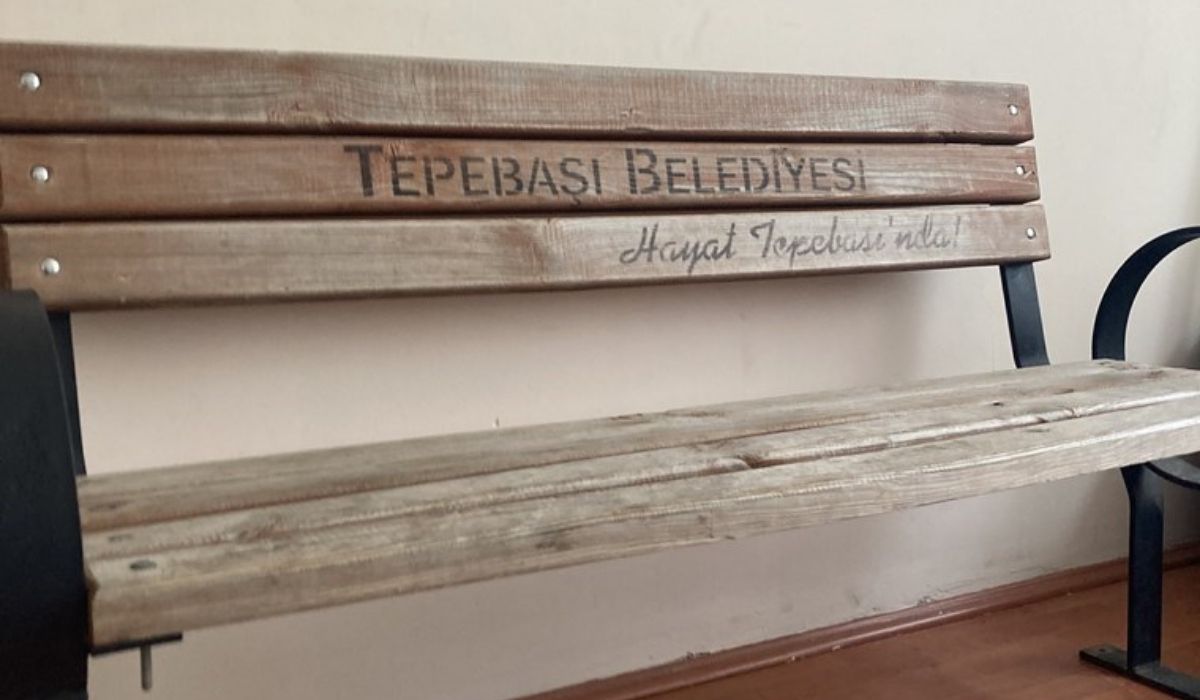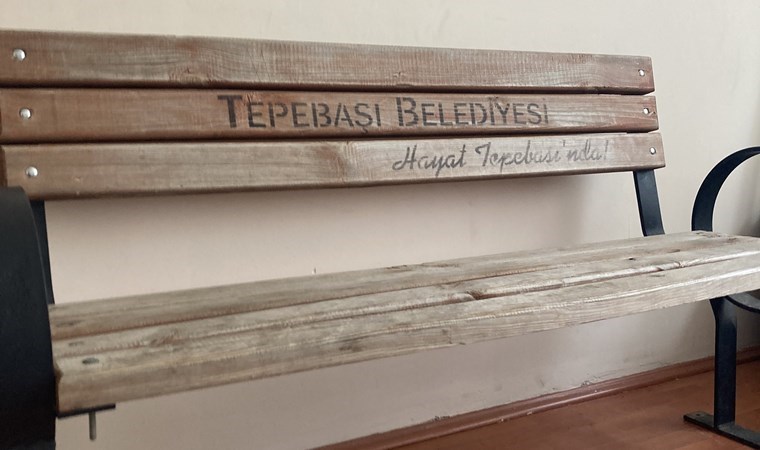Local court rejects Constitutional Court’s release ruling on Alpay
Istanbul Serious Crime Court No 13, which has not released Şahin Alpay despite the Constitutional Court’s rights violation ruling, has also denied the objection that was submitted. The court accused the CC of putting itself in the local court’s place. The objection to the non-releasing of Mehmet Altan was not adjudicated over the course of the day.

The local courts that are hearing the cases filed against journalists Şahin Alpay and Mehmet Altan have instigated a legal scandal by resisting a Constitutional Court (CC) ruling having a final and binding nature. Serious Crime Court No 13 which is trying Alpay has accused the CC of “usurpation of jurisdiction”.
Following the passing by the CC of its rights violation ruling on Alpay and Altan, Istanbul Serious Crime Courts No 13 and 26, which are conducting the trials, ruled for Alpay and Altan’s detention to continue on grounds such as the reasoned ruling not being forthcoming and not having been promulgated in the Official Gazette. Alpay and Altan’s lawyers objected to the courts’ decisions. The lawyers, stating that the CC rulings were final and were binding on the courts, said, “It cannot be expected for courts to assume a position along the lines of resisting or failing to comply with these rulings.”
With it stated in their objection pleadings that as per CC Standing Orders only rulings on annulment and objection applications need to be promulgated in the Official Gazette, it was pointed out that the CC Presiding Judge’s Office decides which rulings are to be promulgated in the Official Gazette. With it stressed in their objection pleadings, noting that it is inconceivable for courts to put themselves in the place of the CC Presiding Judge’s Office and rule that the rights violation ruling will become effective and valid following its promulgation in the Official Gazette, that CC rulings were final and were binding on courts, it was stated, “Consequently, every judge, even if they do not agree with their content, must comply with CC rulings.”
Dissenting opinions may cause delay
In their pleadings the lawyers, stating that the CC’s violation ruling was not by its nature of general concern and the ruling did not need to be proclaimed to everyone for it to be implemented, indicated that the truncated ruling had been notified to the court immediately. The lawyers, noting that it cannot be expected for courts to assume a position along the lines of resisting or failing to comply with these rulings, stated that promulgation of the reasoned decision would also be delayed until such time as the dissenting opinions had been drafted.
Referred to the next highest court
Istanbul Serious Crime Court No 13, having rejected Alpay’s objection application, has referred the case to the next highest court. In its dismissal ruling, the court enumerated the limits of the CC’s jurisdiction to rule on rights violations with respect to individual applications. The court, citing the provision “examination may not be made of matters that must be reviewed through legal recourse” laid down in Article 49 of the Law on Establishing the CC and its Proceedings Procedure, also included the provision, “It may not conduct review as to appropriateness” laid down in Article 50 of the same statute. The following was noted in the ruling in which it was stated that the CC’s ruling declaring a rights violation was binding on everyone:
“Absolutely no office or body may refrain from applying CC decisions. However, the CC is not without restriction as to examining whether there has been a rights violation with respect to individual applications. The CC may not, for any reason whatsoever, put itself in the place of the local court and make an ‘assessment of the evidence’ or ‘examination of appropriateness.’ Since it cannot assess the evidence, it is neither possible for it to declare crime courts’ rulings to convict or acquit to be wrong, nor for it to rule that ‘The evidentiary situation is inadequate. The applicant’s right has hence been violated’ if a defendant’s detention has been ordered by the local court following assessment of the evidentiary situation pertaining to the defendant and providing the statutory preconditions are present.”
Evidence known to nobody!
The court, asserting that the CC had passed the ruling by putting itself in the place of the local court that is holding the trial, commented, “When its reasons are read with care, the CC has stated that there are absolutely no concrete facts in the file apart from articles published by the defendant. In view of this declaration, our court is not simply required to order the defendant’s release, but also rule for his acquittal.” The court, arguing that the CC has no such right or jurisdiction, said, “The CC embarking on an examination of the merits of our case amounts to ‘usurpation of jurisdiction.’ Decisions that it has passed having overstepped the boundaries imposed on it or even having intervened in areas that are expressly barred by statute cannot be said to be ‘final and binding’.” In the court’s continuation of detention order, the bench, asserting that it could make very detailed comments, argued that because these facts ‘that are known to nobody’ would constitute comments reflecting bias and, as such, the bench would be recused, it could not do so. The court said, “It is legally impossible for us to comply with the CC’s demand of our bench that would lead to a breach of the ban on comments reflecting bias.”
Ruling is final and binding
The member of the court’s bench who dissented to the decision, Kadir Karakoç, for his part stated that CC rulings were such that they were final and were binding on the court, and Alpay should be released.

En Çok Okunan Haberler
-
 CHP'ye yeni transferler: Rozeti Özel takacak
CHP'ye yeni transferler: Rozeti Özel takacak
-
 Tartışmalar sonrası istifa etti! Yeni CEO eşi oldu
Tartışmalar sonrası istifa etti! Yeni CEO eşi oldu
-
 Canlı yayında 'dolar' tartışması: Tansiyon yükseldi
Canlı yayında 'dolar' tartışması: Tansiyon yükseldi
-
 Yandaş ‘gazeteci’den tepki çeken çıkış
Yandaş ‘gazeteci’den tepki çeken çıkış
-
 Mevduat hesaplarında yeni dönem
Mevduat hesaplarında yeni dönem
-
 'Müzakere edilmez!'
'Müzakere edilmez!'
-
 Erdoğan ve Steinmeier'ın diyaloğu gündem oldu
Erdoğan ve Steinmeier'ın diyaloğu gündem oldu
-
 'Şu an Cumhur İttifakı'nda mısınız' sorusuna yanıt
'Şu an Cumhur İttifakı'nda mısınız' sorusuna yanıt
-
 Mersin’de hasat erken başladı: Kilosu 45 TL
Mersin’de hasat erken başladı: Kilosu 45 TL
-
 Mehmet Ali Yılmaz evinde ölü bulundu!
Mehmet Ali Yılmaz evinde ölü bulundu!

















